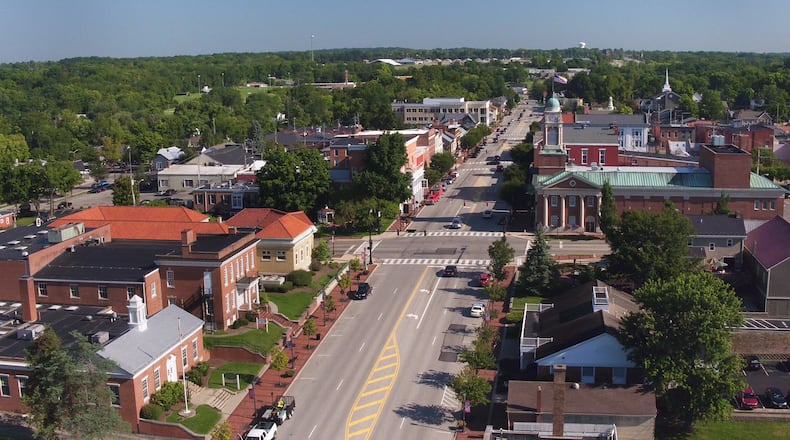Council replaced the previous ordinance to include a required new legal framework to include a “rational basis” in local laws. This allowed the ordinance to be in compliance with the Dobbs ruling.
The new ordinance removed previous provisions that criminalized providing money or assistance to anyone seeking an abortion even if the abortion took place outside of the city limits. The prior ordinance also banned providing advice and information to advice to women on how to perform home abortions.
About a dozen people, for and against the ordinance, provided council with additional comments.
Several anti-abortion residents thanked council for their efforts in protecting the unborn.
Abortion rights advocates reiterated their objections to the language in the ordinance in the use of “Infanticide” as well as council taking a vote during a work-session that is not broadcast as regular council meetings.
Vice Mayor Adam Mathews recently said the revised ordinance “is the same policy as before” but clarifies the ordinance’s language. Mathews said the revised ordinance makes it clear that a woman can leave Lebanon to seek out abortion services without penalty because the city cannot control people coming or going.
The previous Sanctuary City for the Unborn ordinance made it unlawful to provide or aid an abortion within city limits, which includes providing money, transportation or instructions for an abortion. Anyone convicted of the misdemeanor offense faces up to to six months in jail and a $1,000 fine.
Lebanon has had no arrests, and the city has no abortion services providers.
Earlier this year, ACLU Ohio filed a lawsuit against the city concerning its Sanctuary City for the Unborn ordinance. The ACLU litigation remains pending in U.S. District Court in Cincinnati.
In late May, Lebanon officials signed a stipulation agreement signaling that the city would amend its law that criminalizes those who assist people in accessing abortion care, according to the ACLU of Ohio. This resulted in the new ordinance.
About the Author

